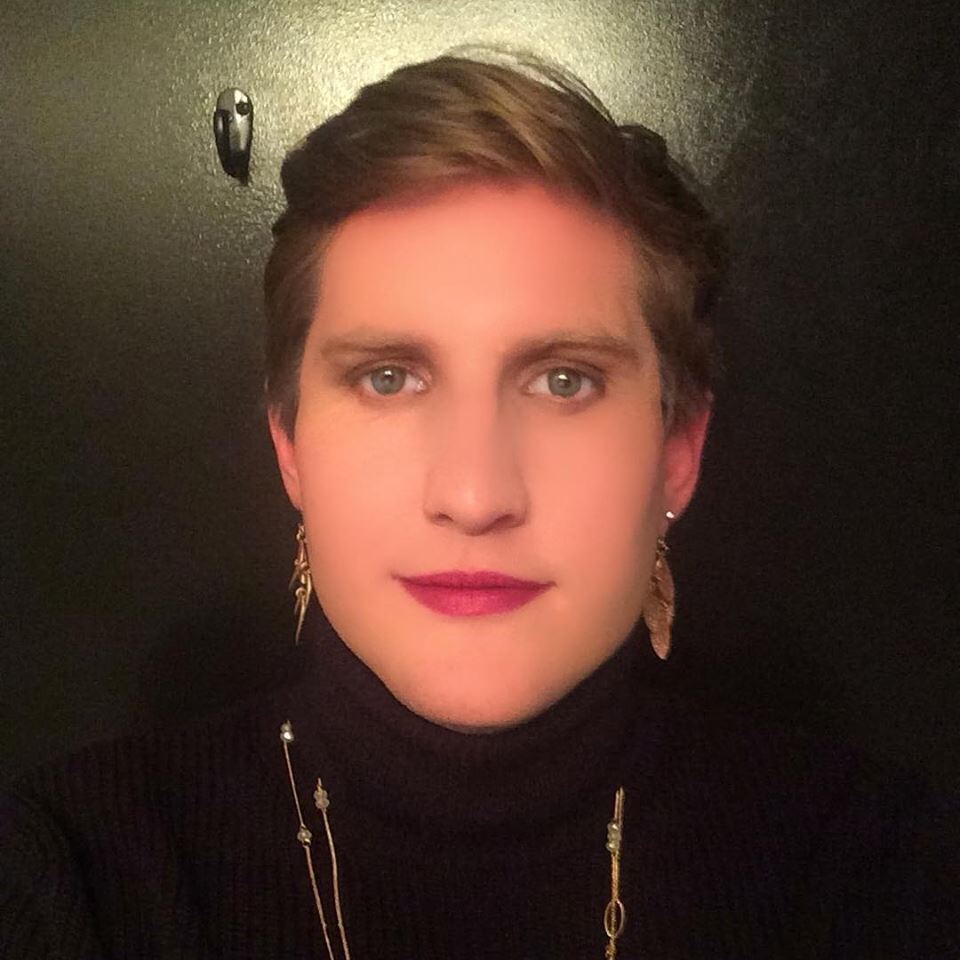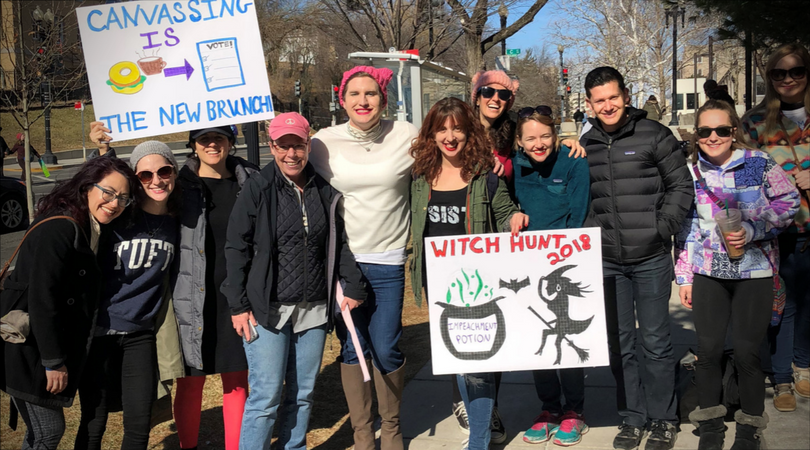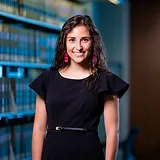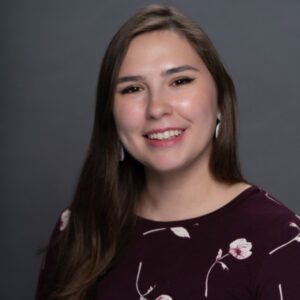
Charlotte Clymer, a Transgender woman who calls Texas her home state, recently rose through the ranks as a political figure this past year. She received a job offer as the Press Secretary for Rapid Response at the Human Rights Campaign, got blocked by President Donald J. Trump on Twitter, advocated for Trans-community rights in the military as an Army veteran herself, continued her Masters of Art in Public Policy at The George Washington University, and working towards a book deal. This isn’t the first time that Clymer has rattled her community with activism. At the age of 18,Clymer ran for Round Rock City Council while still a senior in high school. Clymer didn’t just enter the political scene, she flew in with a bang when she beat two of four candidates at the polls. Now, Clymer fights for active representation, believing all officials in public office should follow her words, “what is it like for the people you are leading”?
Clymer was raised in a variety of cities across Central Texas, yet the one she holds dearest to her heart is Austin. Her mother moved their family to Texas when she was six and stayed in the Lone Star state until she was 19 when she joined the Army. Clymer looked up to her grandmother because she put herself through law school as a low-income, single mother. Though she didn’t grow up around many other female role models, her teachers, both male, and female, always instilled confidence in her.
By the time Clymer was nine, she began reading regularly, if not, exorbitantly. Preferably, she would read presidential biographies whom she admired as elected leaders at the time. To Clymer, “these were people who wanted to implement a better vision of what they wanted the world to be.” Clymer said she could relate to these presidential figures as many of them grew their way out of poverty and into a position of trusted leadership. This love for executive office sparked an idea in Clymer that she has yet to forget: she wanted to be work in politics. By 6th grade, Clymer ran for student council and won. During her junior year of high school, she ran for Student Body President, winning the seat. This lead to her decision to take her journey to public service, one step closer: Clymer filed to run for City Council in Round Rock, Texas.
In 2004, Clymer had filed for a place on the municipal ballot and voted for the first time in a Presidential Election, each only two days apart. Her campaign grasped the attention of news outlets, leading to an original short documentary on Clymer, published by the University of Texas at Austin. Though she did not win the seat, she gave her fellow candidates a run for their money and beat two of her them at the polls.
Following her campaign for City Council, and completion of high school, Clymer was sworn into the United States Army, where she served for the next six years. When asked about her time in the military, Clymer felt that it was one of her greatest accomplishments in life thus far. Clymer believes that serving in the Army broke the underlying fears of “what if”, leaving her with a life-long tool to take chances without regret. She says “joining the military gave me the strength to face my fear”, adding “there are no moments that are more potent than those moments when your conscious says ‘it will be hard, but you should do it’.” Today, Clymer leads without fear of retaliation, though she is commonly met with fear-inducing situations.
Today, Clymer has gained national attention for a variety of issues she has taken a public stance on. She regularly receives snarky Tweets, hate mail, and even death threats from disapproving followers. One of Clymer’s greatest issues to advocate for includes that of active representation for all identities including women, people of color, and LGBT communities. Clymer left us this example to explain the importance of representation:
“Turn on the television now and count the first 20 people; a majority are white males. We see that everywhere. A vast majority of tenured professors are white men who are cisgender, a vast majority of Fortune 500 CEOs as well. Being white or male or straight or cisgender isn’t a bad thing; we just live in a society in which there are a multitude of experiences and all of them should be represented by the powers that control our daily lives. This isn’t who we should be as America.”
Her biggest piece of advice to anyone is that no matter what industry they are in, people should have a support network that they can connect with on a human level. Clymer says that these should be people that they can get ahold of at any time and reach out to them for advice. She also said that elected officials have to have that network of people to rely on. She says “to those of you who would enter politics by developing these massive networks of other young Democrats or other young Republicans, don’t do that. Form human connections with real people and real interests. It takes you so much further in your career.”
Charlotte Clymer now works in Washington, D.C. for the Human Rights Campaign but relies on her Texan roots from afar.





